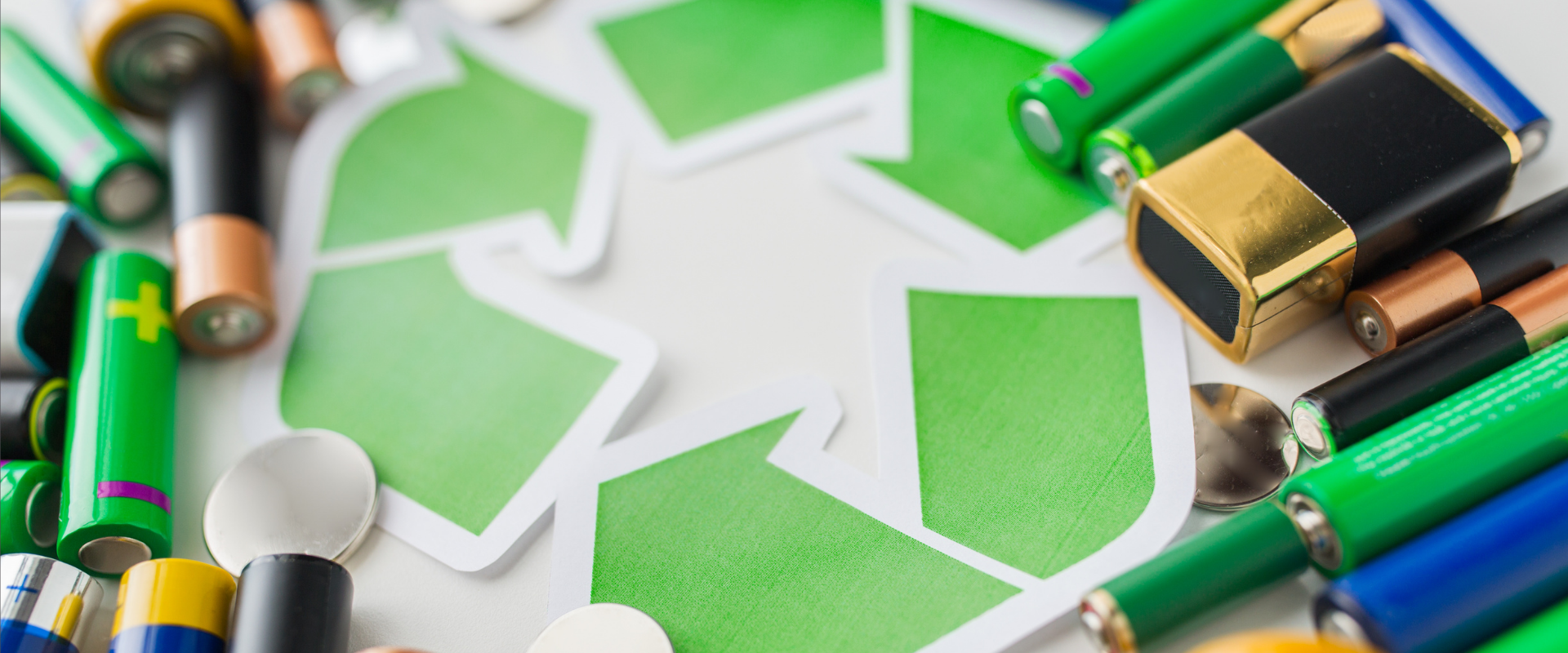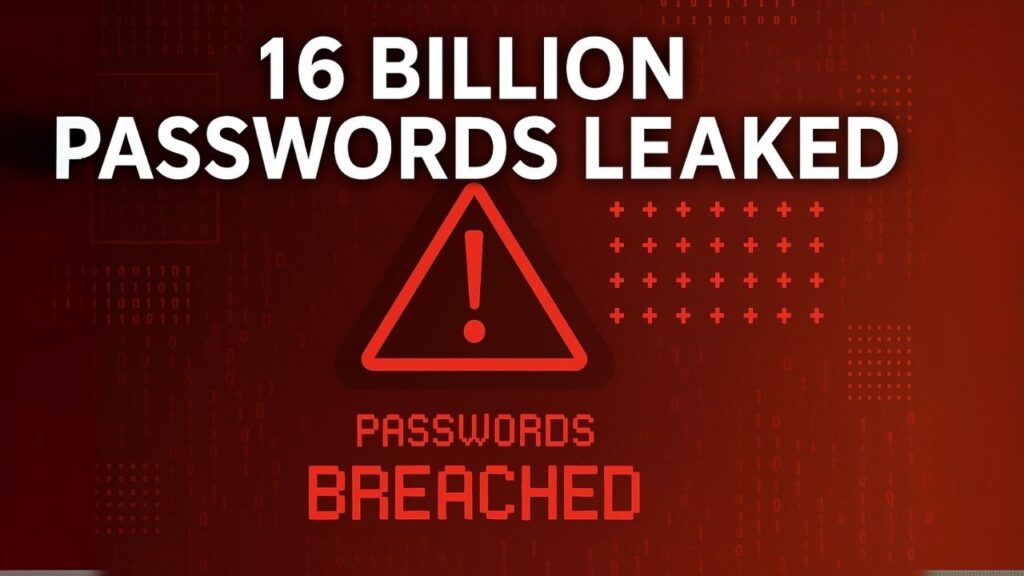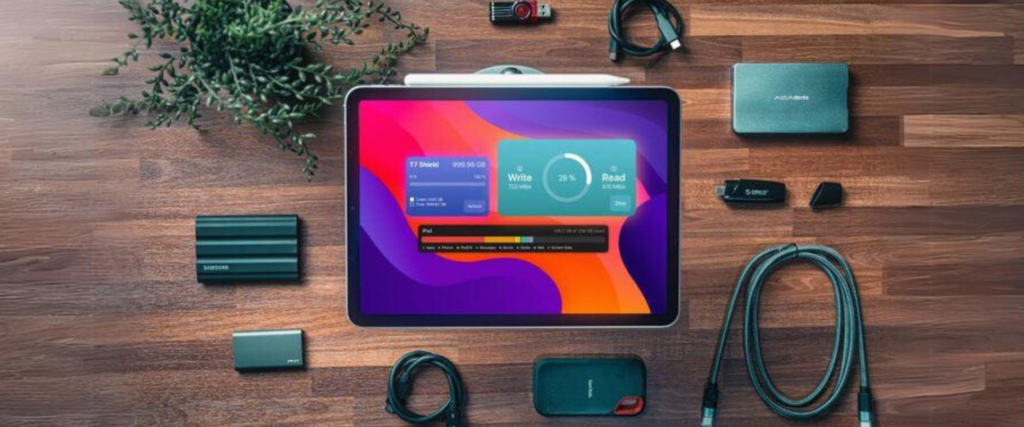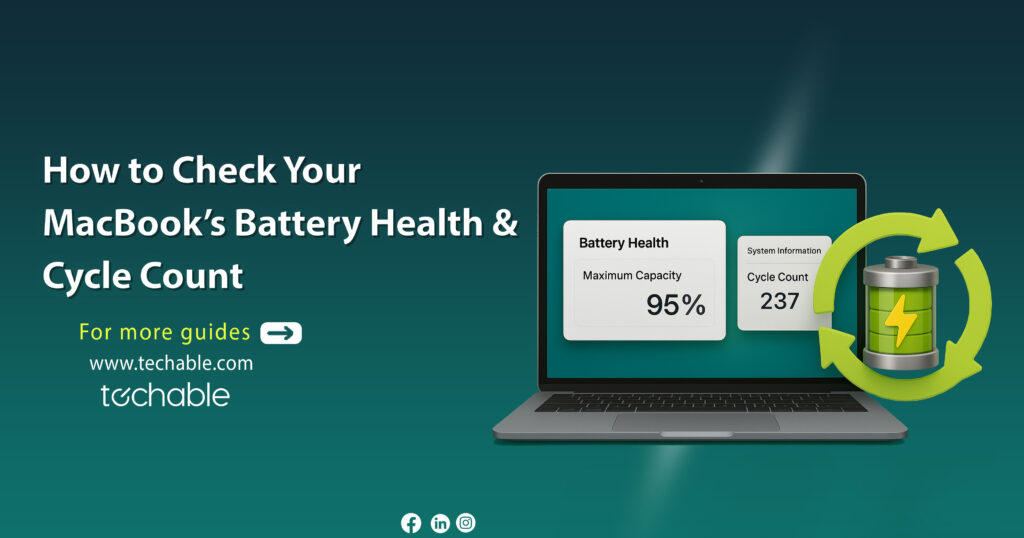In an era increasingly powered by portable electronics and electric vehicles, the importance of lithium batteries cannot be overstated. In 2022, the United States marked a significant milestone in lithium battery recycling. According to Call2Recycle, the nation’s largest consumer battery stewardship and collection program, over 3 million pounds of lithium-ion batteries were collected for recycling. This figure is part of nearly 8 million pounds of total batteries recycled in the U.S., representing the highest amount of lithium-ion batteries collected in the program’s history.
These numbers reflect not only the widespread use of lithium batteries in our daily lives but also the growing awareness of the need for their proper disposal. Lithium batteries, found in devices ranging from mobile phones to electric cars, present distinct environmental and safety challenges at the end of their life cycle. Improper disposal of these batteries can lead to significant environmental damage, making their recycling and correct handling a matter of utmost importance.
This article will delve into the crucial aspects of lithium battery disposal. We will explore why proper disposal is essential, examine the legal framework in the U.S. governing battery disposal, and provide practical guidelines for disposing of various types of lithium batteries. We aim to present a comprehensive understanding of this important environmental issue, contributing to greater sustainability and public safety.
What are Lithium Batteries
Lithium batteries have become integral to our daily lives, powering a wide range of devices with efficiency and reliability. These batteries fall mainly into two types: Lithium-ion (Li-ion) and Lithium-ion polymer (LiPo).
- Lithium-ion (Li-ion) Batteries: These are the most common type in consumer electronics. They are used in everything from cell phones and laptops to electric vehicles. Their popularity stems from their high energy density, meaning they can store a lot of energy in a small space, and their ability to undergo many charge cycles before performance degrades.
- Lithium-ion polymer (LiPo) Batteries: Similar to Li-ion batteries, LiPo batteries are found in applications where weight and form factor are crucial, such as in smartphones and radio-controlled aircraft. They are slightly more flexible in terms of shape and size compared to their Li-ion counterparts.
These batteries are not just popular but essential; a report by the International Energy Agency (IEA) noted that the global stock of electric cars, which predominantly use lithium-ion batteries, reached 10 million in 2020, a 43% increase from the previous year. This surge underscores the growing reliance on lithium batteries in modern technology.
Legal Framework in the U.S. for Battery Disposal
Navigating the legal landscape of battery disposal in the United States involves understanding a mix of federal regulations and state-specific laws. These laws not only aim to protect the environment but also ensure public safety in the handling and disposal of batteries.
Federal Regulations and Guidelines
- Resource Conservation and Recovery Act (RCRA): This is a pivotal piece of federal legislation governing the disposal of solid and hazardous waste. Under the RCRA, certain types of batteries, including some lithium batteries, are classified as hazardous waste when discarded. This classification imposes specific requirements for their handling, transportation, and disposal to prevent harm to the environment.
- Department of Transportation (DOT) Regulations: The DOT sets guidelines for the transportation of hazardous materials, including lithium batteries. These regulations are crucial for ensuring safety in the transit of batteries, particularly those that are damaged or defective, as they pose a risk of fires or chemical leaks.
State-Specific Laws
Different states in the U.S. have developed their laws to further regulate the disposal of batteries:
- California’s Universal Waste Rule: In California, all batteries are considered universal waste, a category of hazardous waste. This rule mandates that batteries must not be disposed of in the regular trash and must instead be taken to a certified recycling or household hazardous waste collection site.
- New York’s Rechargeable Battery Recycling Act: This Act requires manufacturers of rechargeable batteries to provide free and convenient recycling options for consumers in New York State. It is a part of the state’s broader efforts to reduce the environmental impacts of discarded batteries.
Impact of These Laws on Disposal Practices
The combination of federal and state regulations has significantly influenced how batteries, especially lithium batteries, are disposed of in the U.S. These laws encourage responsible recycling and disposal practices, promoting environmental sustainability. They also help in mitigating the risks associated with the disposal of batteries, such as soil and water contamination, and the release of toxic substances.
The legal framework highlights the collective responsibility of manufacturers, retailers, consumers, and waste management authorities in ensuring safe and environmentally sound disposal of batteries.
The Need for Proper Disposal
The disposal of lithium batteries, if not handled correctly, poses significant environmental and safety hazards. Understanding these risks and the legal implications of non-compliance is crucial for responsible disposal practices.
Environmental and Safety Hazards
- Environmental Impact: When lithium batteries are not disposed of properly, they can contribute to environmental pollution. The hazardous chemicals in these batteries, such as lithium and other reactive elements, can leach into the soil and groundwater, causing contamination. This poses a risk to wildlife and can disrupt local ecosystems.
- Safety Risks: Improper disposal can lead to safety concerns. Lithium batteries, when damaged or exposed to certain conditions, can cause fires or explosions. For instance, the National Fire Protection Association (NFPA) reports that lithium batteries are a growing cause of fires at waste facilities. These incidents not only endanger workers but can also lead to substantial property damage.
Legal Penalties and Consequences
- Federal and State Penalties: Non-compliance with federal regulations like the RCRA or state-specific laws can result in significant legal penalties. These can range from fines to more severe sanctions, depending on the nature and extent of the violation. For businesses, this can also mean reputational damage and potential legal liabilities.
- Consumer Responsibility: While individual consumers might not face the same level of legal consequences as businesses, there is a growing emphasis on consumer responsibility for waste disposal. Improper disposal of lithium batteries by consumers can contribute to environmental damage and public safety risks, highlighting the importance of adhering to proper disposal practices.
Encouraging Proper Disposal
Promoting the correct disposal of lithium batteries is essential to mitigating these risks. Consumers and businesses alike are encouraged to familiarize themselves with the nearest recycling centers and proper disposal methods. Organizations like Call2Recycle offer resources and locations for battery recycling across the United States.
Disposal Guidelines for Different Battery Types
The approach to disposing of batteries varies depending on their type. Each category requires specific handling to ensure safe and environmentally friendly disposal. Here’s a comprehensive guide to help you understand how to responsibly dispose of different types of batteries.
Rechargeable Batteries (Li-ion, LiPo, NiCad, NiMH):
- Recycling Importance: These batteries should always be recycled. They contain valuable materials like cobalt, nickel, and lithium, which can be recovered and reused. Additionally, their toxic components can cause environmental harm if not properly disposed of.
- Recycling Options: You can take these batteries to local recycling centers, electronics stores, and participating retail locations. Look for battery recycling programs like those offered by Call2Recycle, which provides a network of drop-off locations across the United States.
- Safety Precautions: To prevent fires or short circuits, it’s recommended to tape the terminals of these batteries before recycling. Storing them in a cool, dry place away from flammable materials is also crucial.
Single-use Batteries (Alkaline – AA, AAA, D, etc.):
- Disposal Practices: The disposal recommendations for alkaline batteries differ based on local regulations. Some areas allow these batteries to be disposed of with regular household waste, while others require special disposal or recycling.
- Special Considerations in California: In California, all batteries, including alkaline ones, are treated as hazardous waste and must be recycled or taken to a hazardous waste disposal facility.
Cell Phone and Laptop Batteries:
- Typically Lithium-Ion: Most modern cell phones and laptops use lithium-ion batteries.
- Recycling Centers: The batteries from cell phones and laptops are widely accepted at electronics recycling centers due to their high lithium content.
- Retailer Programs: Electronics retailers often have battery recycling kiosks or programs. Some manufacturers also offer take-back or mail-in programs for their products’ batteries.
Read more about how to dispose of cell phone batteries here
Also, read more about how to dispose of Laptop batteries here
Power Tool Batteries:
- Composition: Power tools typically use lithium-ion batteries due to their long life and rechargeability.
- Volatility and Recycling: These batteries can be volatile and should never be thrown in the trash. Recycling them at dedicated facilities or through programs at retailers like Home Depot, Lowe’s, or manufacturer-specific programs is essential.
Automotive Batteries:
- Lead-Acid Batteries: Most automotive batteries are lead-acid batteries, which are highly recyclable.
- Recycling Locations: Automotive stores and service centers often provide recycling services for these batteries. In many cases, they offer credit towards a new battery purchase when you recycle an old one.
By adhering to these guidelines, you ensure safe disposal, contribute to environmental protection, and comply with legal requirements. It’s a simple yet impactful way to make a difference in preserving our planet.
Read more about how to dispose of old car batteries
Also, read more about how to dispose of electric car batteries
Finding Recycling Centers and Drop-off Locations
Efficiently disposing of batteries involves finding the right recycling centers or drop-off locations. Here’s a detailed guide to help you locate these facilities:
Online Resources for Locating Centers:
- Call2Recycle: This is a leading battery recycling program in the United States. Their website offers a user-friendly locator tool where you can input your ZIP code and find the nearest recycling drop-off points for various types of batteries.
- Earth911: Another excellent resource is Earth911, which has a comprehensive recycling directory. It covers a wide range of recyclable materials, including batteries. Visit the Earth911 Recycling Search at Earth911 to find local recycling solutions.
Local Government and Community-Based Programs:
- Municipal Waste Management Agencies: Many local governments have their waste management programs that include battery recycling. Check your city or county’s official website or contact the local waste management department for information on battery recycling programs.
- Community Collection Events: Some communities organize regular collection events for hazardous waste, including batteries. These events are usually advertised in local newspapers, community boards, or municipal websites.
Retail and Manufacturer Programs:
- Retail Stores: Major retailers like Home Depot, Lowe’s, and Staples often have battery recycling bins where you can drop off used batteries. These are typically located at the entrance or customer service area of the store.
- Manufacturer Take-back Programs: Some battery and electronic device manufacturers offer take-back or mail-in programs for recycling old batteries. Check the manufacturer’s website for details on their recycling programs.
Automotive Battery Recycling:
- Auto Parts Stores: Stores that sell car batteries often provide recycling services for automotive batteries. They might also offer a discount on a new battery when you recycle an old one.
Safety Precautions When Transporting Batteries for Recycling:
- Secure Packaging: Ensure that the batteries are securely packaged to prevent any short circuits. For lithium and rechargeable batteries, it’s advisable to tape over the terminals.
- Transport in a Cool, Ventilated Area: Avoid leaving batteries in a hot car, as extreme temperatures can cause them to become hazardous.
By utilizing these resources and tips, you can easily find convenient locations to recycle your batteries, contributing to environmental sustainability and adhering to proper disposal practices.
Alternatives and Future Prospects
As we move towards a more sustainable future, exploring alternatives to battery disposal and staying abreast of emerging technologies in battery recycling is essential. This approach not only enhances environmental conservation efforts but also opens up new avenues for resource recovery.
Refurbishing and Donation Options:
- Refurbishing: Some batteries, especially those in electronics, can be refurbished. Refurbishing involves testing, cleaning, and replacing damaged components of a battery to restore its functionality. This process extends the life of batteries, reducing the need for new resources.
- Donation Programs: Many non-profit organizations accept used but still functional batteries and electronics. Donating these items can help bridge the digital divide by providing technology to those who need it but cannot afford new devices.
- Manufacturer Refurbishment Programs: Certain manufacturers offer programs where they take back used batteries, refurbish them, and reuse them in new products or sell them at a discounted rate.
Emerging Technologies in Battery Recycling:
- Advanced Recycling Methods: New technologies are being developed to improve the efficiency of battery recycling. These include hydrometallurgical processes, which use aqueous chemistry to recover valuable metals, and pyrometallurgical processes, which involve high-temperature treatments.
- Battery Material Recovery: Innovations in recycling are focusing on recovering high-value materials from batteries, such as lithium and cobalt. This recovery is crucial due to the increasing demand for these materials in new batteries.
- Research and Development: Ongoing research in the field of battery technology is aimed at developing batteries with more sustainable materials that are easier to recycle. Efforts are also being made to improve the overall lifecycle and reduce the environmental impact of batteries.
- Government and Industry Initiatives: Governments and industries are collaborating on initiatives to promote battery recycling. These initiatives include funding for research, development of new recycling facilities, and policies to encourage responsible disposal and recycling.
Looking Ahead
The future of battery disposal and recycling looks promising with these advancements. Embracing these alternatives and staying informed about emerging technologies can significantly contribute to more sustainable battery management. This proactive approach is not just beneficial for the environment but also economically advantageous, as it conserves resources and fosters innovation in recycling technologies.





















0 Comments